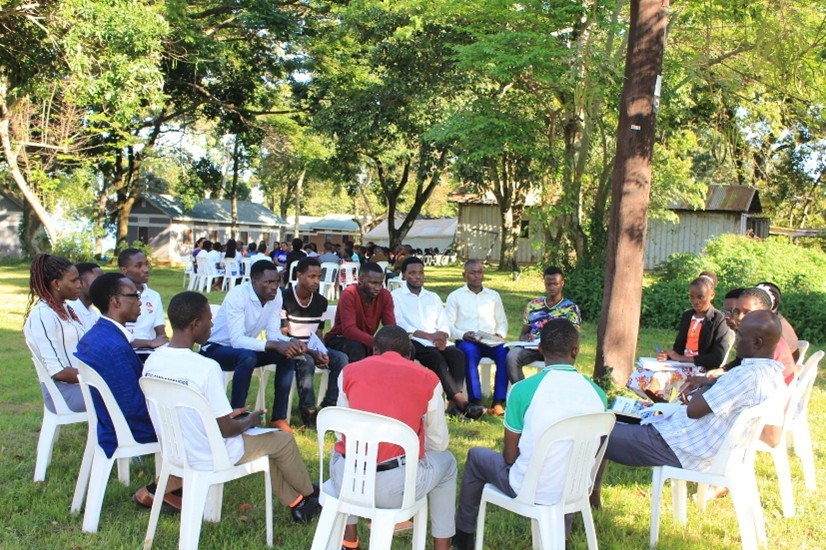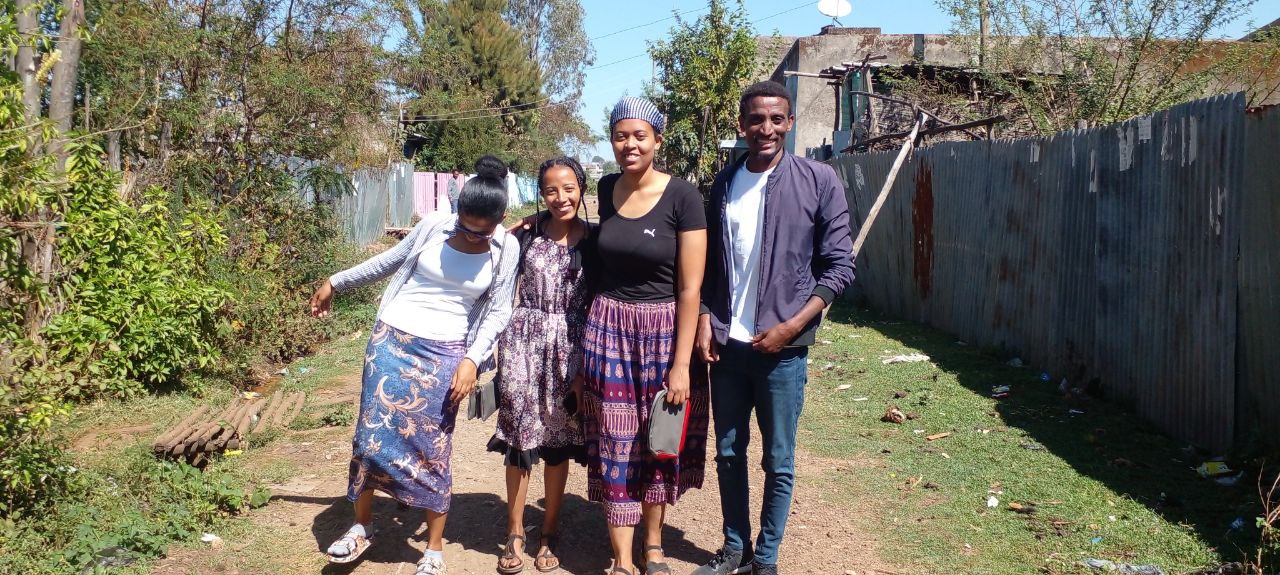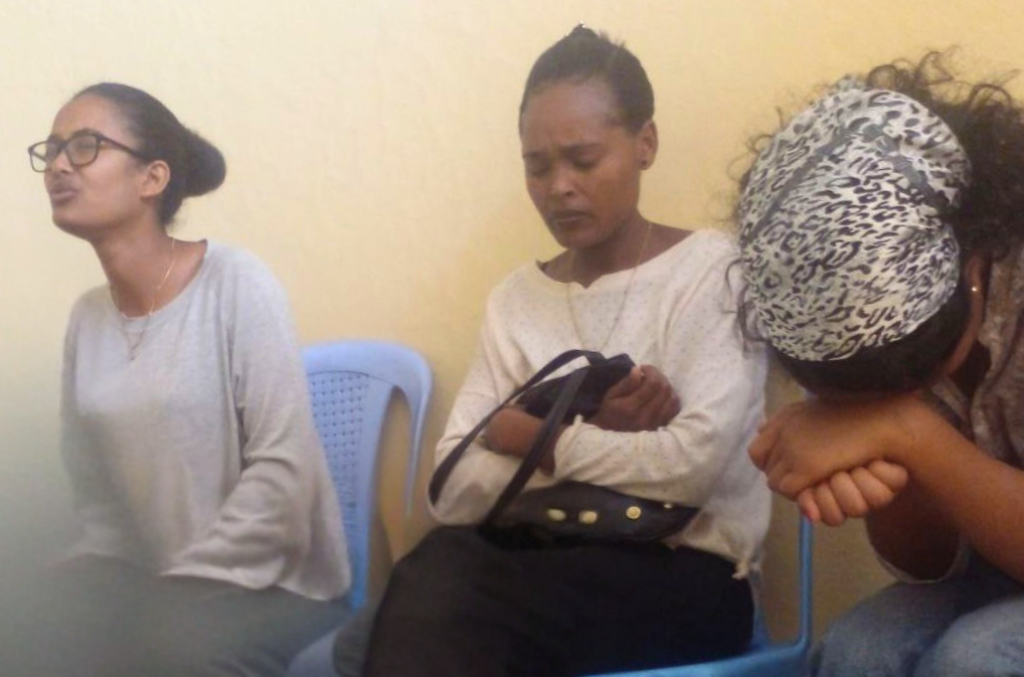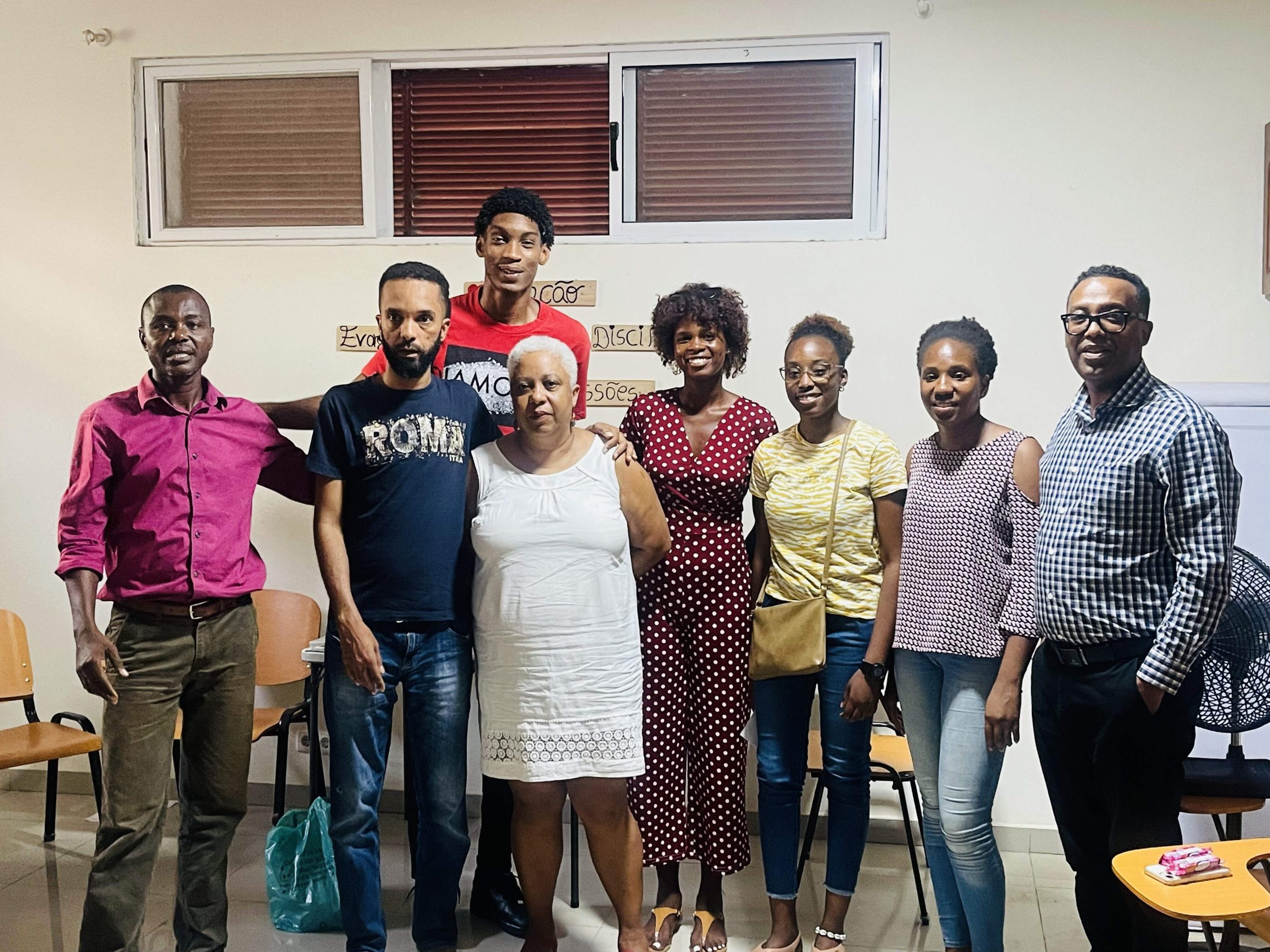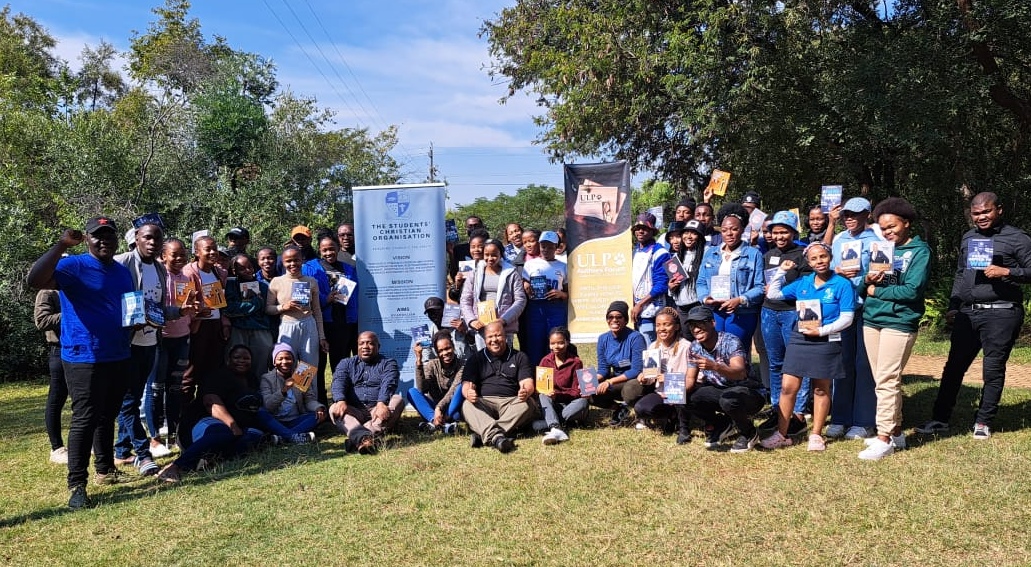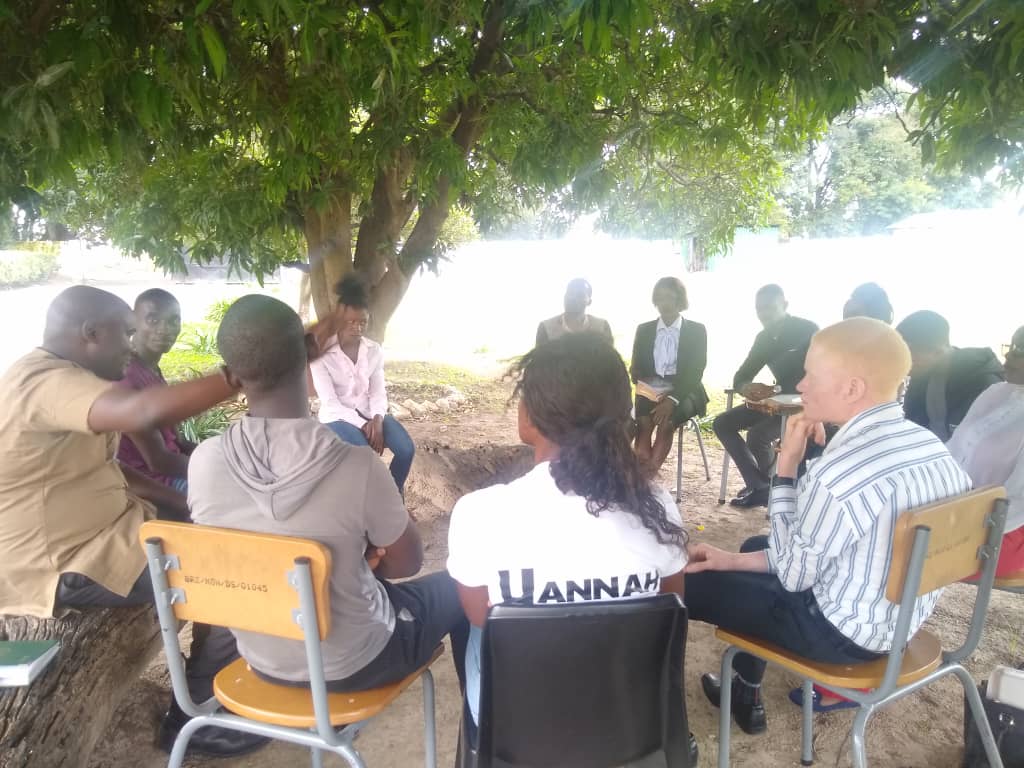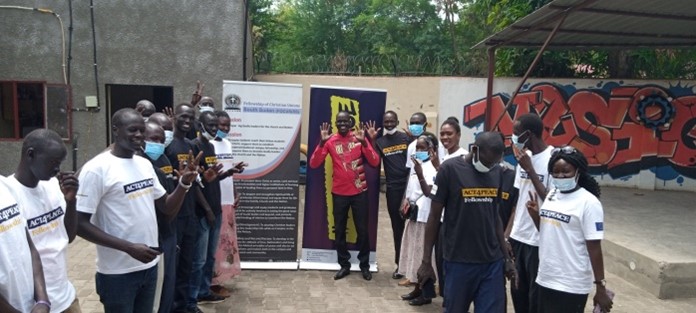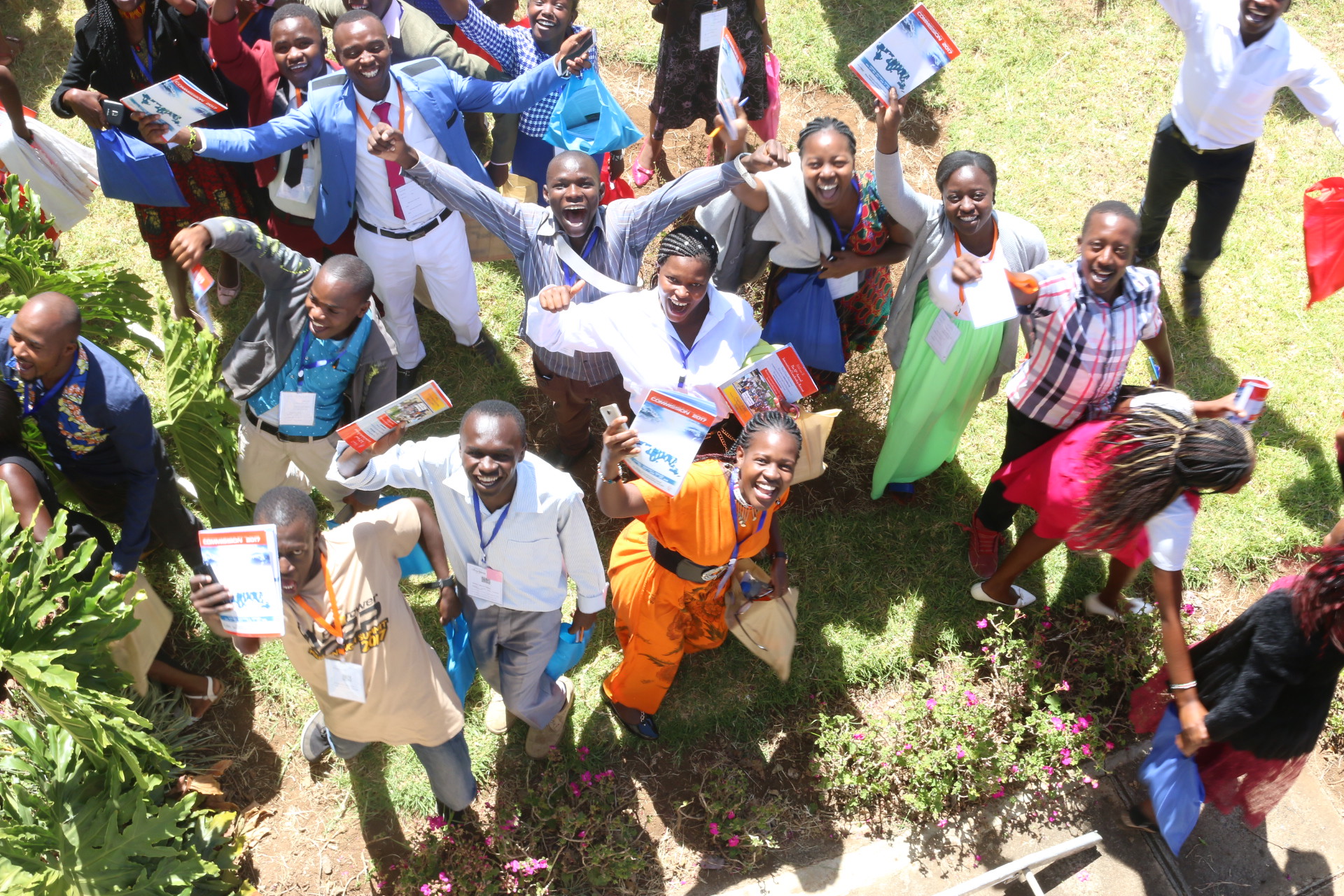Everybody Grows
It’s a growing ministry.
FOCUS, the IFES movement in Uganda, now serves 132 Christian Union groups (CUs) across 100+ campuses. But, with just 11 full-time staff and limited resources to hire more, the task of supporting student leaders with personal presence felt insurmountable – until they revived the Short-Term Experience in Ministry (STEM) program.
This year, STEM has given seven graduates the opportunity to receive hands-on training while ministering among students. “It was an inevitable responsibility that we needed to pursue,” says Patrick Barasa, FOCUS General Secretary.
Now, both students and staff are growing.
Students Mentored
The impact of the program is already evident. On campuses where STEM staff have been deployed, student ministry is thriving. At the Allied Institute of Health Sciences, Samuel, the CU Chair, sees the difference:
“Thanks to the expertise and mentorship of STEM staff, we’ve been much more effective in planning and implementing our activities. As they’ve walked alongside us, we’ve developed as leaders – in knowledge and practical skills. And their active participation in outreach events has boosted our capacity to reach out to peers.”
Such positive relationships are typical. The immediate staff presence on campus means that CU leaders can easily access FOCUS support and receive guidance on championing witness and discipleship in ways that are relevant for their situation.
Staff Mobilised
And it’s not just the students that are benefiting – STEM staff are also experiencing personal and spiritual growth. Maureen Nabwire, serving in the Busoga region, notes:
“Over the past few months, I’ve been able to learn how to associate and communicate with people from different societies, how to relate to and engage with students. I’ve realized that I can truly rely on God as my provider even through the challenges of mobilizing resources.”
At the start of the year-long program, the carefully selected graduates are prepared for service with training on personal care and development as well as ministry skills, like how to faithfully handle Scripture and effectively engage in mission. This is supplemented by regular mentoring and care from senior staff and volunteers.
STEM staff have grown in other ways, too. Robert Wabulimbo, who’s been serving Samuel’s CU, adds: “I’ve learned to raise ministry funds and to be accountable for writing reports on finances and activities.”
General Secretary Patrick concludes:
“With the growing number of CUs, this strategy not only gives us the best shot at effectively discipling students. It’s also a way of nurturing graduates who will impact our churches and society.”
Pray
- Give thanks for this year’s STEM program – “through earnest prayer and strategic requests, God provided the resources necessary for the training and relaunch”. Thank God for the growth that students, like Samuel, and staff, like Maureen and Robert, have experienced.
- Pray that FOCUS will be able to realise its vision of having at least five STEM staff in each of its eight regions – and that this will foster further growth for students and graduates.
- Ask the Lord to stir hearts on 1 September, when FOCUS invites students and associates to give at least 10,000 Ugandan shillings (around 3 US dollars) to support discipleship programs. And pray for a breakthrough with paperwork approvals and financial needs for a building project at the FOCUS office in Kampala.
If you’d like to partner with the students and associates in Uganda who’ll be giving to FOCUS, you can donate here.
